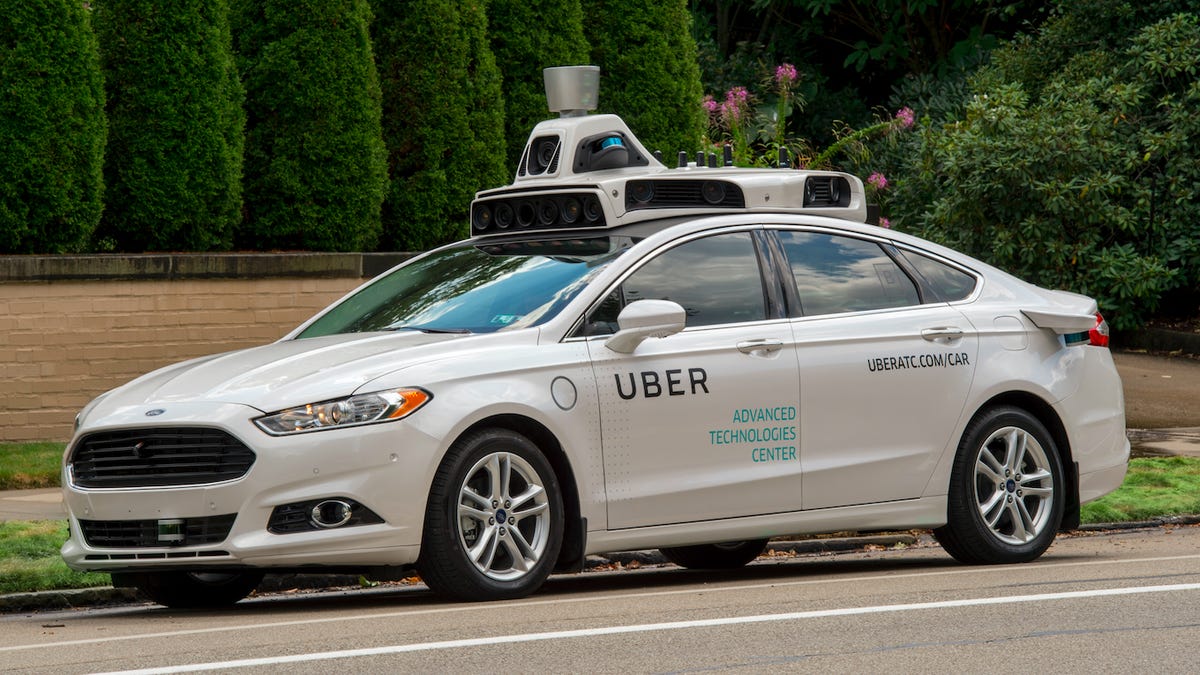Uber appeals arbitration ruling in self-driving car lawsuit
Ride-hailing startup seeks private arbitration in the lawsuit, while Alphabet's self-driving car tech company wants a public trial.

Uber wants Waymo's lawsuit over self-driving car tech settled in private arbitration.
Uber is determined to have a lawsuit accusing it of stealing secretive self-driving car technology settled in private.
The ride-hailing startup filed notice Thursday informing the Northern California federal court it has asked the Federal Court of Appeals to review a ruling last week denying Uber's motion to compel private arbitration in the lawsuit. Waymo, a self-driving car tech company and subsidiary of Google parent Alphabet, opposed the motion and has sought a public trial.
The notice of appeal was filed a week after US District Court Judge William Alsup, the presiding judge in the case, denied Uber's motion and referred the matter to federal prosecutors for possible criminal investigation.
Waymo called the appeal an attempt by Uber to hide its alleged theft of trade secrets from the public.
"In full view of the court, Waymo has presented strong evidence that Uber has stolen our trade secrets and used our confidential information," a Waymo representative said in a statement. "Uber's appeal is a blatant attempt to hide their misconduct from the public."
Uber declined to comment.
The idea of self-driving cars has captured the imagination and investment dollars of the automobile and tech industries alike. Automakers from Toyota to Ford to Volvo all have projects under way. And besides Google and Uber, other Silicon Valley giants, like Apple, Intel and Tesla Motors, are betting on the tech.
Central to Waymo's lawsuit is the claim that a former Google employee, Anthony Levandowski, stole 14,000 "highly confidential" files before he left in January 2016 to found his own self-driving truck startup. Uber bought that startup, Otto, for $680 million in August 2016.
Levandowski helped develop Waymo's lidar technology, a key component in self-driving cars that lets vehicles "see" their surroundings and detect traffic, pedestrians, bicyclists and other objects. Waymo claims the allegedly stolen information has benefited Uber as it's developed its own driverless car tech.
It's Complicated: This is dating in the age of apps. Having fun yet? These stories get to the heart of the matter.
Tech Enabled: CNET chronicles tech's role in providing new kinds of accessibility.

